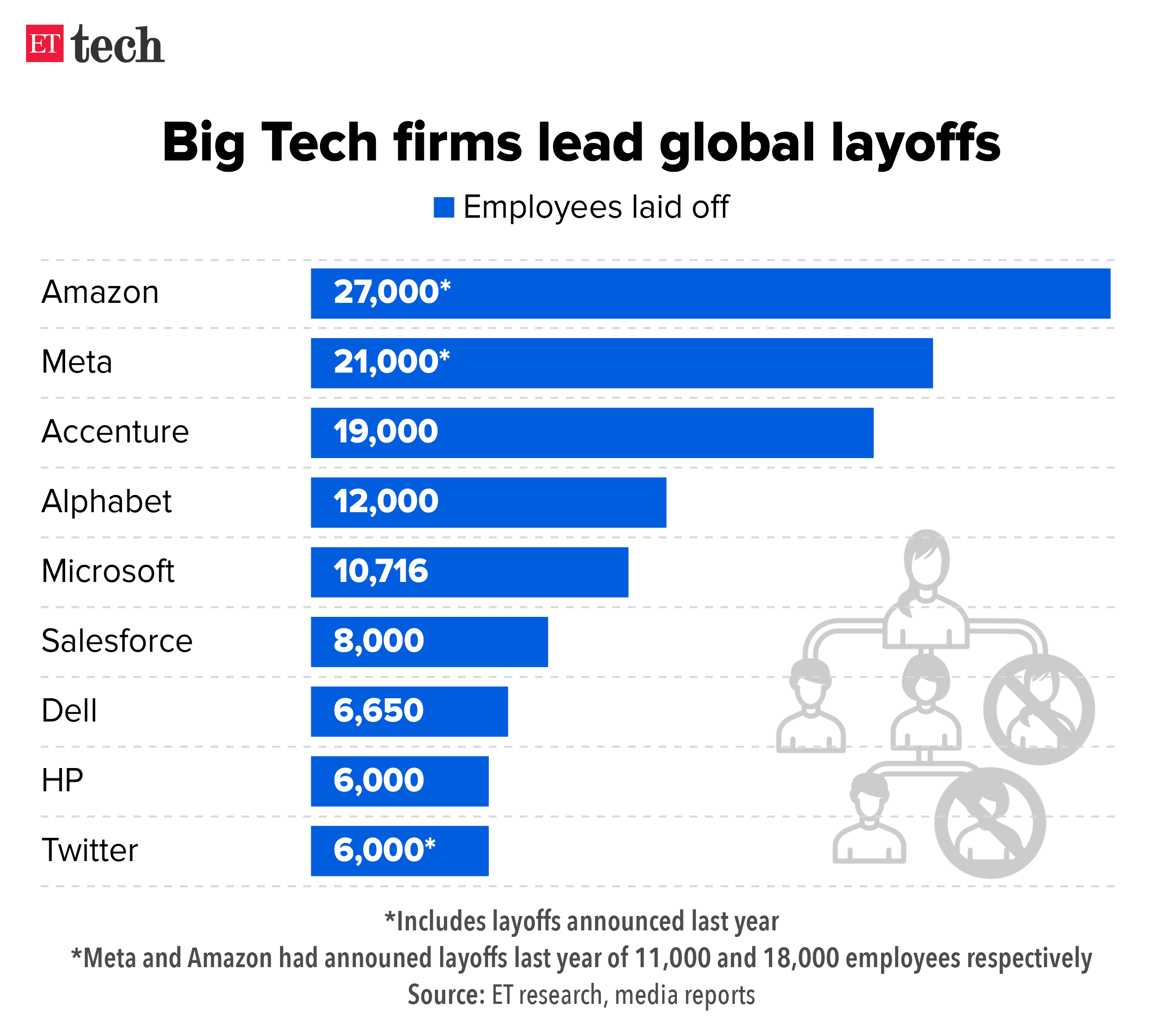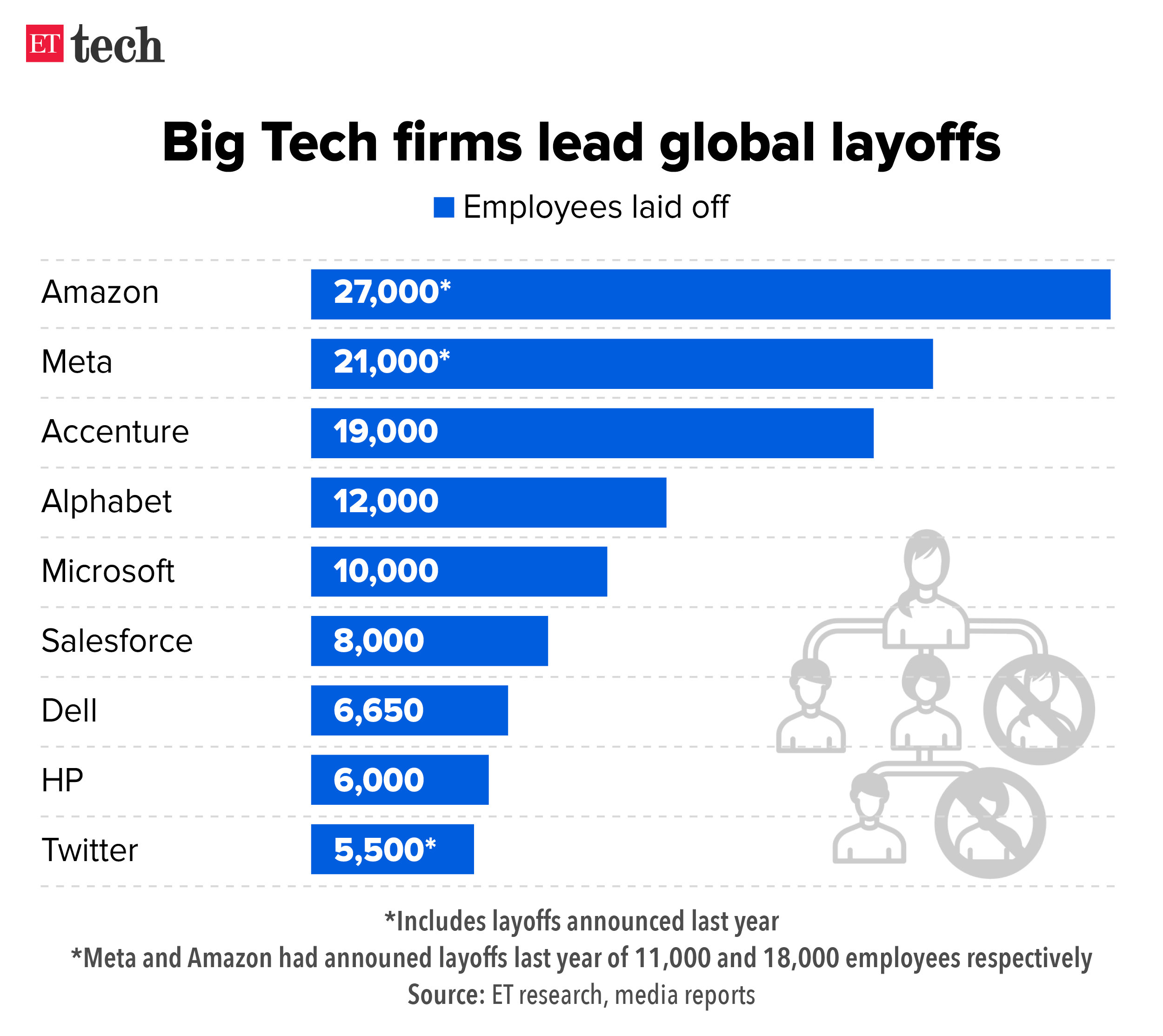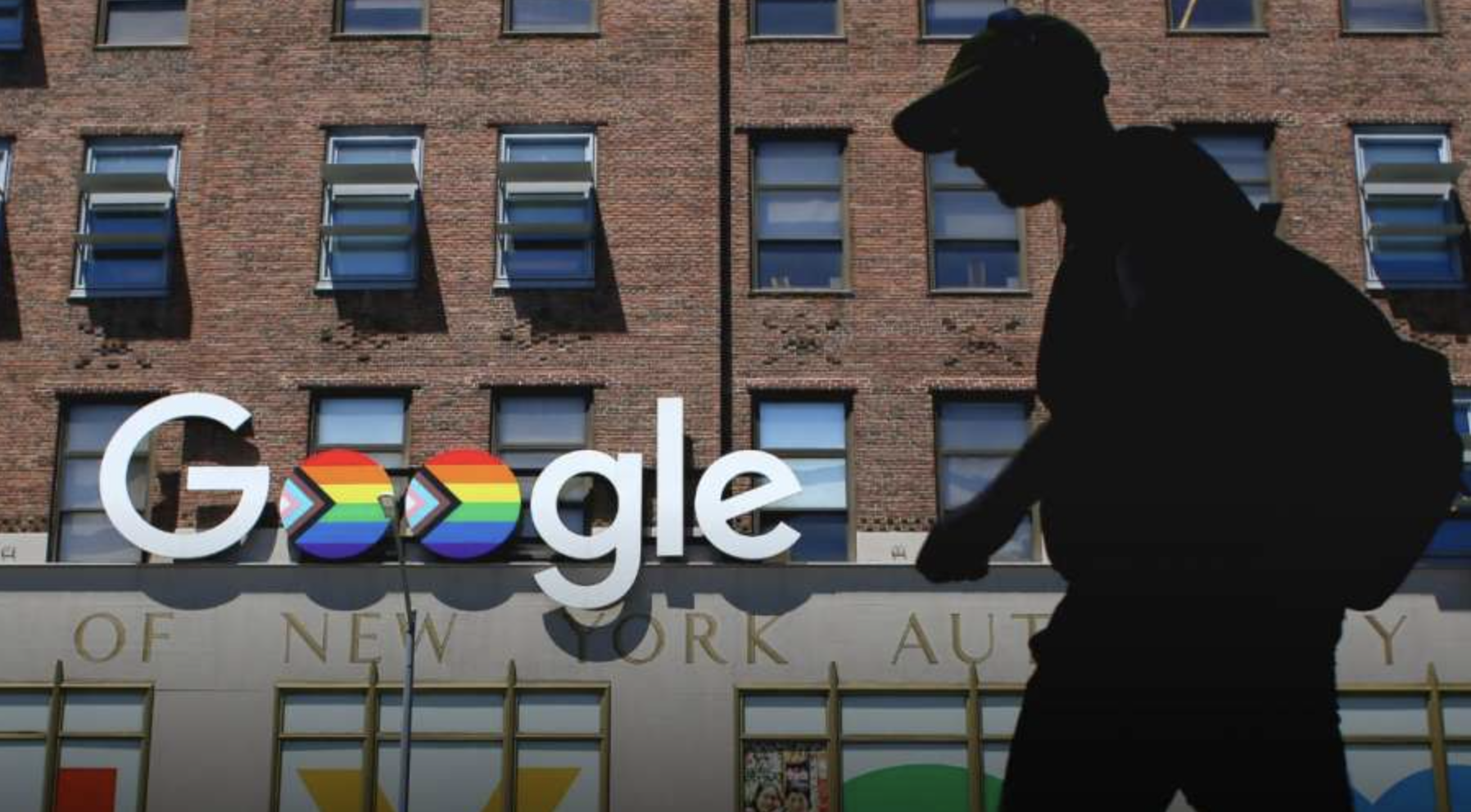It’s official—the world of pharmaceuticals and healthcare tech is shaking up again, and Iqvia layoffs 2025 are making headlines. If you’re in the industry, or even if you’re just keeping an eye on corporate trends, this is big news. So, what’s going on? Let’s break it down before we dive deep. Iqvia, a giant in the healthcare analytics space, has announced significant workforce adjustments. But don’t panic yet—there’s more to the story than just numbers.
Now, when we hear the word “layoffs,” our minds immediately jump to gloomy scenarios. But here’s the thing: companies like Iqvia don’t make these decisions lightly. The healthcare industry is evolving faster than ever, and staying competitive means some tough choices. So, while the layoffs might seem alarming, there’s a bigger picture we need to explore.
Before we jump into the nitty-gritty, let’s set the stage. Iqvia isn’t just another company—it’s a behemoth in the healthcare data analytics game. Their work impacts everything from drug development to patient care. But like every giant, they face challenges. In 2025, the question isn’t just about layoffs—it’s about how Iqvia plans to adapt, innovate, and thrive in a rapidly changing market. Stick around, because this is going to get interesting.
Let’s get started with a quick roadmap of what we’ll cover:
- Introduction to Iqvia and Layoffs
- The Background of Iqvia Layoffs 2025
- Impact on Employees and the Industry
- Reasons Behind the Layoffs
- Iqvia’s Strategy Moving Forward
- Exploring Alternatives for Affected Employees
- Statistics and Trends
- The Future of Iqvia in 2025
- Expert Opinions and Insights
- Conclusion and Final Thoughts
Understanding Iqvia and the Layoff Buzz
Alright, let’s start with the basics. Iqvia isn’t your average company—it’s a global leader in healthcare data analytics and technology. Think of them as the brains behind the scenes, helping pharmaceutical companies make smarter decisions. But even giants face challenges, and in 2025, Iqvia is dealing with some major workforce adjustments.
Iqvia layoffs 2025 have sparked a lot of conversations. Some see it as a necessary move to stay competitive, while others worry about the impact on employees. The truth? It’s probably a mix of both. The healthcare industry is shifting, and companies need to adapt quickly. For Iqvia, that means rethinking their strategies and, unfortunately, trimming down their workforce.
But here’s the deal: layoffs aren’t always a sign of failure. Sometimes, they’re part of a bigger plan to streamline operations, focus on key areas, and invest in new technologies. We’ll dive deeper into that later, but for now, just know that Iqvia’s decision isn’t random—it’s strategic.
The Background of Iqvia Layoffs 2025
What Led to This Decision?
To understand the Iqvia layoffs 2025, we need to look at the bigger picture. The healthcare industry is going through massive changes. From advancements in AI to shifting global markets, companies like Iqvia are under pressure to innovate or get left behind. And let’s be real—innovation isn’t cheap. It requires resources, and sometimes, that means cutting costs elsewhere.
One of the main reasons behind the layoffs is the shift towards digital transformation. Iqvia is investing heavily in AI, machine learning, and other cutting-edge technologies. These advancements promise to revolutionize how healthcare data is collected and analyzed. But they also require fewer traditional roles and more tech-focused positions. That’s where the layoffs come in.
How Many Are We Talking About?
The exact number of layoffs hasn’t been officially confirmed, but sources suggest it could be in the thousands. Now, that sounds scary, but let’s put it into perspective. Iqvia employs tens of thousands of people worldwide, so while the layoffs are significant, they’re not wiping out the entire workforce. The company is focusing on restructuring rather than eliminating entire departments.
And here’s another interesting twist: some employees might not be laid off but rather reassigned to new roles. Iqvia is offering training programs to help employees transition into tech-focused positions. It’s not a perfect solution, but it shows that the company isn’t just cutting loose without a plan.
The Impact on Employees and the Industry
What Does This Mean for Workers?
Let’s talk about the human side of things. For employees affected by the layoffs, this is a tough pill to swallow. Losing a job is never easy, especially in a competitive industry like healthcare tech. But Iqvia isn’t leaving them high and dry. The company is offering severance packages, career counseling, and even job placement assistance. It’s not a perfect solution, but it’s a step in the right direction.
For those who stay, there’s a mix of relief and uncertainty. While they might keep their jobs, they’re also facing a changing work environment. The focus on digital transformation means they’ll need to adapt quickly to new technologies and processes. It’s a challenge, but it’s also an opportunity to grow and learn.
Industry-Wide Implications
The Iqvia layoffs 2025 aren’t just affecting the company—they’re sending ripples through the entire healthcare tech industry. Other companies are watching closely to see how Iqvia handles this transition. If it works, we might see more companies following suit. But if it backfires, it could set a cautionary example for others.
On the bright side, the focus on digital transformation could lead to new job opportunities in tech-related fields. As companies invest in AI and machine learning, they’ll need skilled professionals to fill those roles. So, while some jobs might disappear, others could emerge in their place.
Reasons Behind the Layoffs
Cost Cutting and Efficiency
Let’s get real—money talks. One of the main reasons behind the Iqvia layoffs 2025 is the need to cut costs and improve efficiency. Running a global company isn’t cheap, and with the healthcare industry becoming more competitive, every dollar counts. By reducing their workforce, Iqvia can save millions in operational costs.
But it’s not just about saving money—it’s also about doing more with less. By streamlining their operations, Iqvia can focus on their core competencies and deliver better results for their clients. In the long run, that could mean more revenue and a stronger market position.
Shifting Focus to Digital Solutions
Another big reason for the layoffs is the shift towards digital solutions. Iqvia is doubling down on AI, machine learning, and other tech-driven innovations. These technologies can do in seconds what might take humans hours or even days. That means fewer traditional roles and more tech-focused positions.
And let’s not forget about the competition. Other companies in the healthcare tech space are also investing heavily in digital solutions. If Iqvia wants to stay ahead, they need to keep up—or even surpass—their rivals. That’s where the layoffs come in. By reallocating resources, Iqvia can focus on what really matters: innovation.
Iqvia’s Strategy Moving Forward
A Focus on Innovation
So, what’s Iqvia’s plan? In short, it’s all about innovation. The company is pouring resources into developing cutting-edge technologies that will shape the future of healthcare. Think AI-powered drug discovery, predictive analytics for patient outcomes, and personalized medicine solutions. These advancements have the potential to revolutionize the industry—and Iqvia wants to be at the forefront.
But innovation doesn’t stop at technology. Iqvia is also rethinking their business model. They’re moving away from traditional data collection methods and embracing new approaches that are faster, more efficient, and more accurate. It’s a bold move, but one that could pay off big time in the long run.
Investing in People
Even with all the focus on technology, Iqvia knows that people are still their most valuable asset. That’s why they’re investing in training and development programs to help employees adapt to the changing landscape. From coding bootcamps to leadership workshops, Iqvia is giving their workforce the tools they need to succeed in a tech-driven world.
And let’s not forget about diversity and inclusion. Iqvia is committed to building a workforce that reflects the communities they serve. By fostering a culture of inclusivity, they’re not only doing the right thing—they’re also improving their bottom line. Diverse teams bring different perspectives, which leads to better decision-making and innovation.
Exploring Alternatives for Affected Employees
What Options Do They Have?
For employees affected by the Iqvia layoffs 2025, the road ahead might seem uncertain. But here’s the good news: there are options. First, Iqvia is offering severance packages and career counseling to help employees transition. They’re also providing job placement assistance, which could lead to new opportunities in the healthcare tech space.
But what about those who want to strike out on their own? Entrepreneurship is always an option, especially in a field as dynamic as healthcare tech. With the right skills and mindset, former Iqvia employees could start their own companies or consultancies. And with the rise of remote work, the possibilities are endless.
Retraining and Upskilling
Another option is retraining and upskilling. The healthcare tech industry is evolving rapidly, and there’s always a demand for skilled professionals. Former Iqvia employees could enroll in coding bootcamps, data analytics courses, or other programs to boost their tech skills. With the right training, they could land new roles at other companies—or even at Iqvia itself, if they’re part of the reassignment program.
And let’s not forget about networking. LinkedIn, industry conferences, and professional organizations are all great places to connect with other professionals and explore new opportunities. In today’s digital age, building a strong network can be just as important as having the right skills.
Statistics and Trends
The Numbers Behind the Layoffs
Let’s talk numbers. While the exact number of Iqvia layoffs 2025 hasn’t been confirmed, estimates suggest it could be in the thousands. That’s a significant portion of their workforce, but it’s not unprecedented in the healthcare tech industry. Other companies have made similar moves in recent years, and the trend is likely to continue.
But here’s the thing: layoffs aren’t always a bad thing. In fact, they can lead to positive outcomes for both companies and employees. According to a study by McKinsey, companies that successfully manage layoffs often see increased productivity and profitability in the long run. And for employees, layoffs can be a catalyst for career growth and new opportunities.
Trends in Healthcare Tech
Speaking of trends, the healthcare tech industry is booming. AI, machine learning, and other cutting-edge technologies are transforming how healthcare data is collected, analyzed, and used. And it’s not just about improving efficiency—it’s about saving lives. From early disease detection to personalized treatment plans, the possibilities are endless.
But with all this innovation comes challenges. Companies like Iqvia need to balance cost-cutting with innovation, while also maintaining a strong workforce. It’s a delicate dance, but one that’s crucial for long-term success. And as the industry continues to evolve, we can expect more companies to follow Iqvia’s lead.
The Future of Iqvia in 2025
What’s Next for the Company?
Looking ahead, the future of Iqvia in 2025 looks bright. With their focus on innovation, digital transformation, and workforce development, they’re well-positioned to thrive in a rapidly changing market. But challenges still lie ahead. The healthcare industry is notoriously complex, and staying ahead of the curve will require constant adaptation and reinvention.
One thing’s for sure: Iqvia isn’t slowing down. They’re committed to pushing the boundaries of what’s possible in healthcare tech, and that means continued investment in research and development. Whether it’s AI-powered drug discovery or predictive analytics for patient outcomes, Iqvia is determined to make a difference.
What Does This Mean for You?
For those in the healthcare tech industry, the Iqvia layoffs 2025 are a wake-up call. The future belongs to those who can


